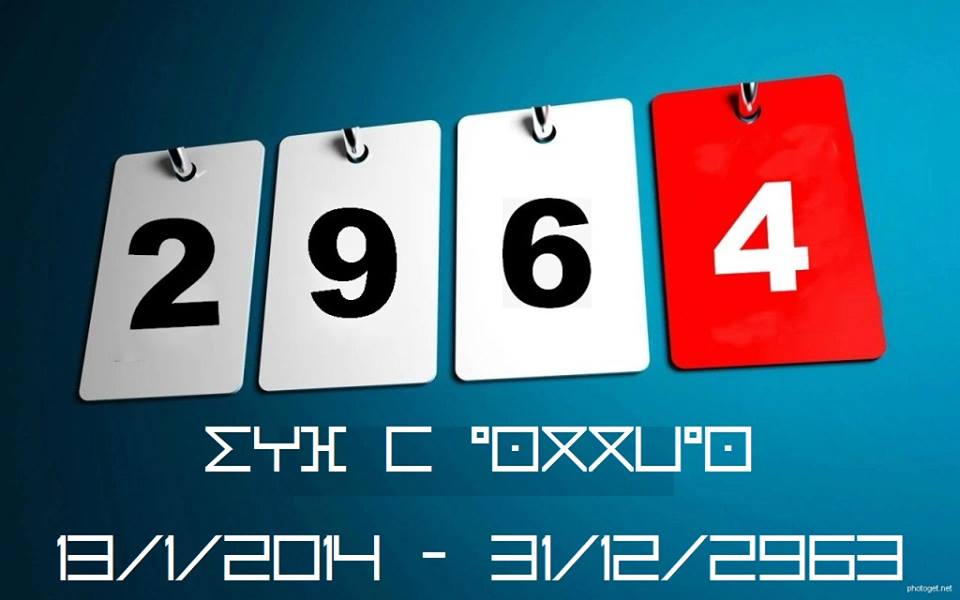By Taziz Hasairi.
Tripoli, 13 January 2014:
For Libya’s Amazigh community, today is a double festival. It is both Mawlid Al-Nabi, the Prophet’s Birthday – and, as such, a public holiday – and it is Amazigh New Year.
Unlike the Islamic calendar which is lunar, the Amazigh calendar, like the Gregorian, is solar and the new year starts on 13 January. Today is the first day of the year 2964.
The calendar starts from 950 BC, the supposed date of when Sheshonq, the son of the ruler of the Amazigh Almhaouac tribe, defeated the Egyptians and became Pharoah. He ruled Egypt until 929 BC
Although there are historians who cast doubt on the origins of the calendar, Amazigh New Year it is now an major event for Amazighis in Libya, Morocco, Algeria, and Tunisia as well as in diaspora communities in France, Germany and the US, a day when they celebrate their culture and history.
Before the revolution, the amazigh were not allowed to celebrate Amazigh New Year or put up signs and posters using the Amazigh alphabet. That has changed, and last year, the Culture Ministry sponsored a festival for the occasion. It did not happen this year, however, although on a more practical level of support, the Education Ministry is to fund classes in the Amazigh language, Tamzight, in Amazigh area schools.
An Amazigh petition last year to make 13 January a national public holiday was ignored by the General National Congress. The fact that this year it is is a coincidence. [/restrict]







